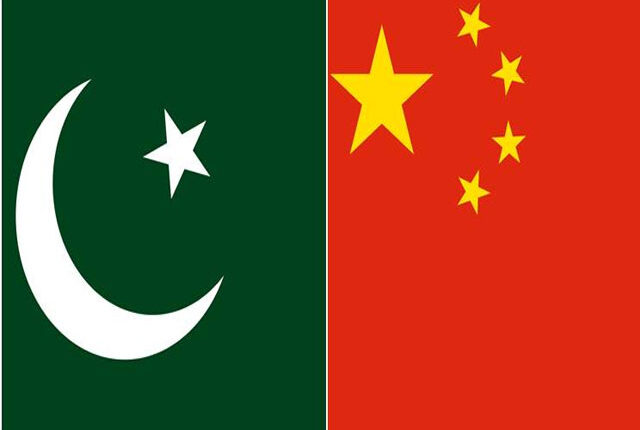New Delhi/Beijing: Under the garb of Xi Jinping’s Belt and Road Initiative (BRI), China’s Wuhan Institute of Virology and Pakistan Army’s Defense Science & Technology Organization are conducting experiments on deadly pathogens to expand potential bio-warfare capabilities. An Australian investigative media group The Klaxon, in an exclusive report in August this year, revealed that the two countries have been carrying out extensive research operations on deadly ‘animal to human’ pathogens in Pakistan involving more than 7000 Pakistani farmers, herders and others and over 2800 camels and other animals. The Wuhan scientists have been conducting tests in collaboration with Rawalpindi in Pakistan since 2015, the Klaxon reported. The programme is funded by China under Xi’s ambitious BRI project. The results of at least five studies conducted on some of the world’s deadliest and most contagious pathogens — West Nile Virus; MERS-Coronavirus; Crimean-Congo Hemorrhagic Fever Virus; the Thrombocytopenia Syndrome Virus; and the Chikungunya Virus — have been published in scientific papers between December 2017 and March 9, 2020. The China-Pakistan research involves experiments and genome sequencing of the deadly viruses. One of the studies thanked Wuhan’s National Virus Resource Centre for “providing the virus-infected Vero cells”. In its comprehensive investigative report, the Klaxon reported that each of the five studies stated it was “supported” by the “International Cooperation on Key Technologies of Biosafety along the China-Pakistan Economic Corridor”. The Klaxon said “international cooperation on key technologies program” has not been formally announced, and the only public references to it appear to be in the acknowledgements sections inside the five scientific papers it obtained. The China-Pakistan Economic Corridor, or CPEC, is the flagship component of China’s Belt and Road infrastructure programme, both of which were announced in 2015. “The Belt and Road program has been widely criticised as being a veil for Chinese colonial expansion, which lumps poor countries with unsustainable amounts of debt and so undermining their sovereignty, enabling China to exert control and influence over them,” the Klaxon reported. As recently as late 2018, Pakistan’s Government publicly attempted to push back against the China-Pakistan Economic Corridor, declaring it a bad deal, but it was almost immediately overruled by Pakistan’s powerful military, which has said it would defend the programme “at all costs”. In a previous report published in July, The Klaxon quoting “highly credible intelligence sources” claimed that Wuhan Institute of Virology, was testing lethal biological agents in Pakistan and providing “extensive training on manipulation of pathogens and bio-informatics” to Pakistani scientists, which could “enrich a potential offensive biological program”. The Wuhan Institute of Virology, according to the Klaxon recently signed a secret three-year deal with Pakistan military’s Defense Science and Technology Organisation to collaborate research in “emerging infectious diseases” and the “biological control of transmitted diseases”. Strangely, the Wuhan-Pakistan military tie-up has never been publicly announced or disclosed before, the Klaxon said adding that the key concerns are that Pakistan could use the technology in bio-warfare, or that deadly pathogens could accidentally escape from inadequately equipped facilities. Both China and Pakistan have denied the claims. However, the Pakistan government has confirmed the existence of a deal between its military and the Wuhan lab. “There is nothing secret about the Bio-Safety Level-3 (BSL-3) laboratory of Pakistan referred to in the report. Pakistan has been sharing information about the facility with the States parties to the biological and toxins weapons convention (BTWC) in its submission of confidence building measures,” Pakistan’s foreign office said in July. Islamabad did not identify the location of the BSL-3 laboratory. Incidentally, Pakistan’s sharp decline in Covid-19 cases just two months after the mid-June peak of around 6800 cases in a day, has been widely referred to as a mystery. One of the ministers Asad Umar, who was at the forefront of the battle against Covid-19, had warned that around 1.2 million people could be infected in Pakistan by the end of July. However, the spread was so low that Pakistan lifted most restrictions by mid-August. Even scientists in Pakistan are unable to explain the drop in the cases.

